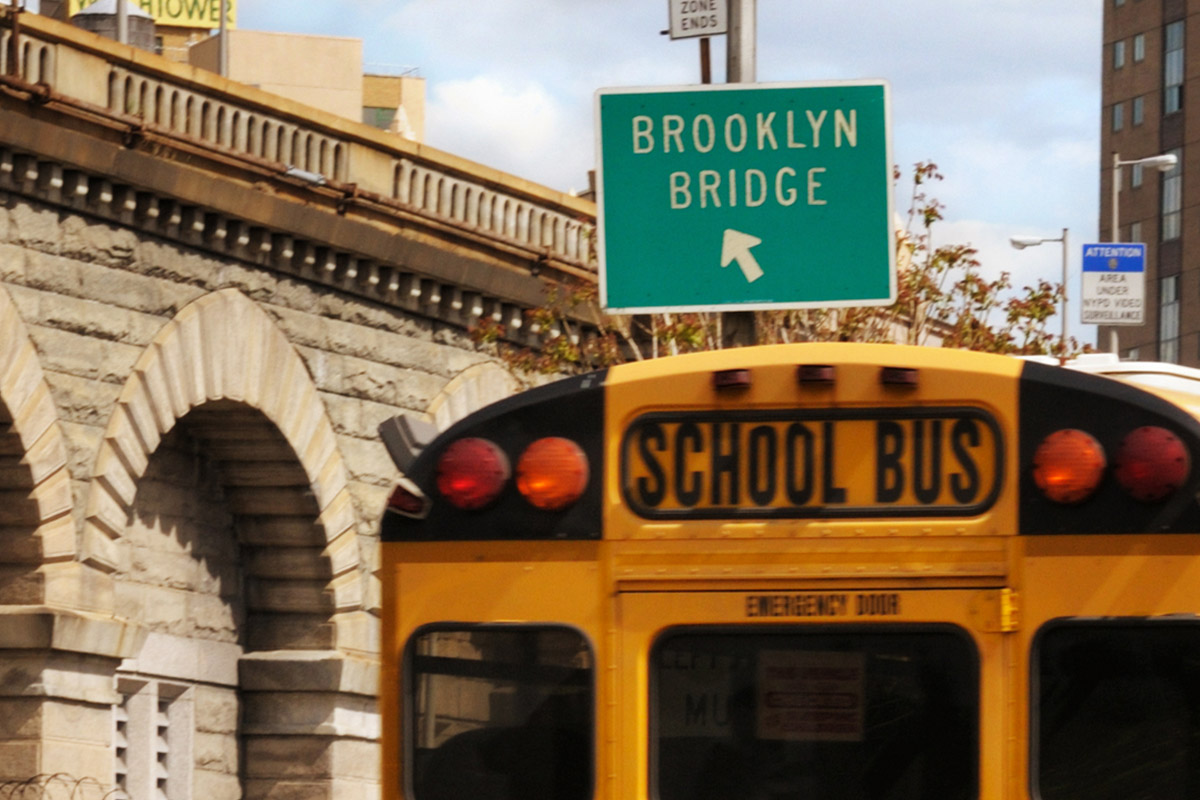Two Teachers College faculty members – Amy Stuart Wells, Professor of Sociology & Education, and Aaron Pallas, Arthur I. Gates Professor of Sociology & Education — have weighed in on the recent decision by the New York City Department of Education (NYCDOE) to suspend use of prior test scores or grades as criteria for admitting fifth graders to the city’s highly competitive screened middle schools.

FURTHER STEPS NEEDED Both Amy Stuart Wells and Aaron Pallas hail the change in middle school admissions policies in New York City. However, Wells says White parents now need to step up by sending their children to diverse schools, while Pallas calls for these schools to expand their curricula and prepare teachers to serve a wider range of students. (Photos: TC Archives)
Arguing that standardized test scores “have divided us as much as the Jim Crow laws did the South,” Wells, writing in The Hechinger Report, says the policy change “marks a huge, even if temporary departure from the educational system’s overreliance on test scores as a central measure of students’ ‘ability’” and “creates a real test for more affluent White parents who say they live in New York City because of the diversity and then send their children to segregated schools.” As both a White public-school parent and in her research on school segregation, says Wells, who directs Reimagining Education: Teaching, Learning and Leading for a Racially Just Society, and is a member of the New York City Mayor’s School Diversity Advisory Group, she’s observed that such parents are “the most likely to say they value racially and ethnically diverse public schools — and the least likely to choose them.”
Each parent, but especially White parents, should seek to develop a broader, anti-racist understanding of what makes a good school for a child, a community and our deeply divided nation.
— Amy Stuart Wells, Professor of Sociology & Education
[Read the full piece by Wells in The Hechinger Report, a Teachers College-based nonprofit independent news organization focused on inequality and innovation in education. Read a New York Times story on the NYCDOE policy change.]
Pallas, too, denounces screened admissions policies. Writing in the New York Daily News, he argues that academic screens “block students, whose families may have suffered from limited opportunities due to their race, ethnicity and financial status, from access to what are widely regarded as good schools.” He and his co-author — Ronda Matthews, a fifth-grade teacher at PS 321 in Brooklyn’s District 15 — say that, in switching to a lottery system, the district has seen “some predominantly White schools become more diverse, and some predominantly Hispanic schools gain some White students.” Nor has a feared White flight from the district materialized.
There is more to diversifying schools and equalizing access than the removal of academic screens.
— Aaron Pallas, Arthur I. Gates Professor of Sociology & Education, and public school teacher Ronda Matthews
Nevertheless, they contend that “there is more to diversifying schools and equalizing access than the removal of academic screens.” Middle schools must prepare for more diverse student populations by adjusting their curricula, teaching anti-racism and providing guidance and support for teachers.
